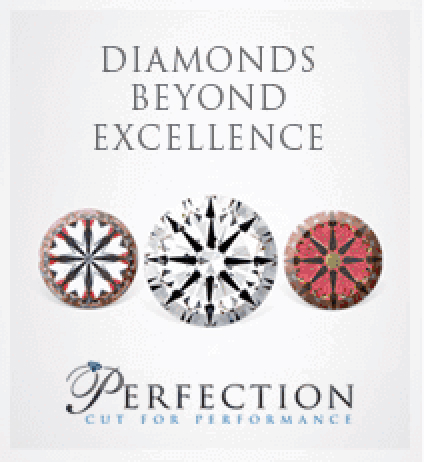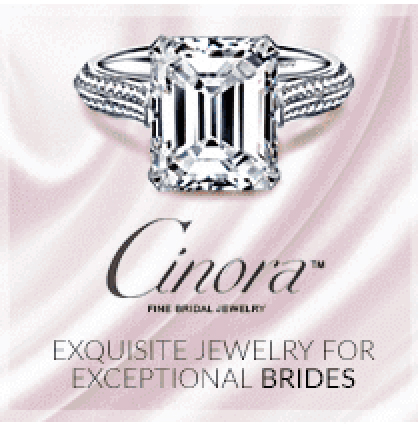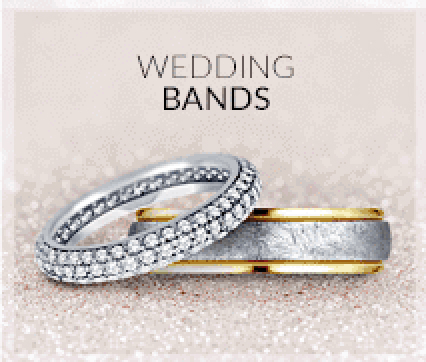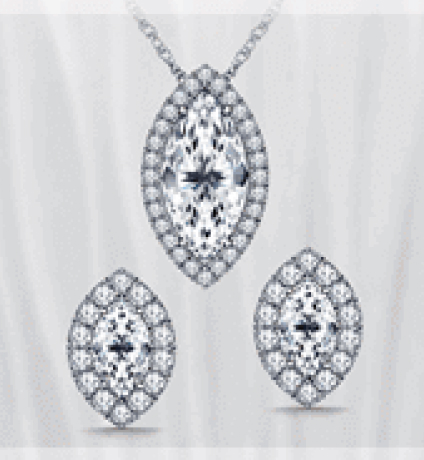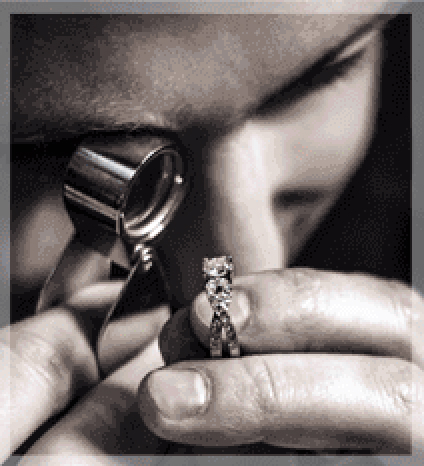- 0% APR Financing Available for up to 3 months*
-
Lifetime Upgrade
We are committed to serving our customers not only for a sale, but during a lifetime.
More Info
-
Jewelry Warranty
For your peace of mind, all B2C Jewels items are covered by a 1-year warranty.
More Info
-
Price Match Gaurantee
B2C Jewels is committed to offer the best price available on certified diamonds.
More Info
Education
Your Guide to Become a Jewelry Expert
Types of Pearls
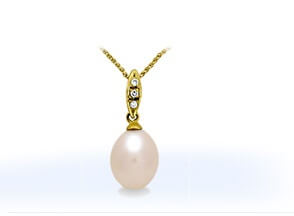
Pearls are said to be the most feminine gemstones and considered as priced possessions for their innocent beauty and rarity. The existence of pearls dates back to more than 4000 years ago. But it definitely adds that elegance and sophistication to your appearance till today, be it any type of pearl- Natural or Cultured.
1. Natural Pearls
Natural Pearls, as the name suggests, are formed by nature. When a small particle, typically a parasite or organic matter accidentally becomes embedded in the tissue of oyster or mollusk, the mantle tissues secrete nacre and the nacre building up in layers eventually forms a pearl. Formation of a natural pearl is a purely accidental phenomenon. Natural pearls are 100% nacre.
2. Cultured Pearls
Cultured Pearls are those formed by deliberate intervention of man. The process of formation of cultured pearls is no different from that of natural pearls except that, here the entrance of a foreign particle is not accidental but intentionally done by man. Culturing of pearls gained momentum as natural pearls are rare to find.
Both Natural and Cultured Pearls can be either Freshwater or Saltwater Pearls:-
- a. Freshwater Pearls::
As their name suggests, Freshwater Pearls find their origin in fresh water bodies such as lakes, rivers, etc. Though, the traditional source of pearls has been oysters which live in saltwater, mollusks that live in freshwaters can also produce pearls. In general, Freshwater Pearls are not as round as Saltwater Pearls and tend to be less expensive than saltwater pearls. - b. Saltwater Pearls::
The cultivating technique used to obtain Saltwater Pearls takes about two and half years with each oyster giving one pearl. These Pearls are therefore more expensive than Freshwater Pearls and are better in quality because the nacre becomes very thick due to prolonged period of pearl formation.
Popular Pearls:
Given below are a few popular types of pearls majorly used in jewelry-making:-
- Akoya Pearls :
When pearls are cultured within an Akoya oyster, usually found in China and Japan, they are called Akoya Pearls. White and cream colored pearls are most common while lighter shade of pink and silver pearls are also available. Akoya pearls are perfectly round in shape and very small in size, around 2mm to 11mm, owing to its small size oyster. This consistency of shape favors its use in making of jewelry like stud earrings, bracelets and neck pieces. - Black Tahitian Pearl :
Tahitian Pearls are produced by the black lipped oyster in the islands of French Polynesia. The black lipped oyster is huge, resulting in much larger pearl formation. Most black Tahitian Pearls are rarely pure black. Instead they are silver or charcoal or a multitude of colors with the dominant color being green. Owing to their rarity and high value, Tahitian pearls make a unique gifting option. - South-Sea Pearls :
The formation of South Sea Pearls takes places in large culturing area and extended growth period. They are generally much larger as compared to other pearls and tend to have a deep and velvety luster quality. Silver lipped oysters normally produce pearls in white, silver, aqua and blue family of overtones. The gold lipped one develops overtones in champagne, vanilla and deeper golden variety. South Sea Pearls generally retain the highest value of all pearl types.
Imitation Pearls:
Imitation Pearls are simply referred as artificial pearls i.e. pearls that are not created from oysters. Thus they do not fall under the category of true Pearls and are very low in quality due to the difference in weight, smoothness and luster.
The enticing variety available in genuine Pearl Jewelry is highly commendable at B2C Jewels.

